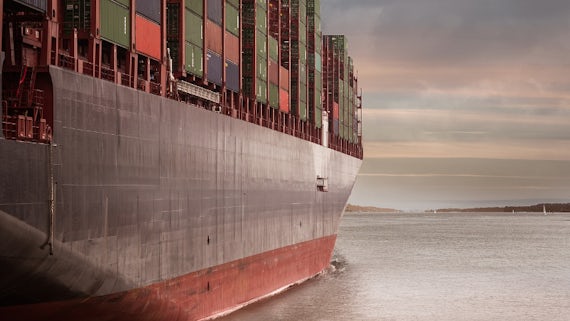Improving safety at sea
14 Medi 2016

Concerns over the safety of life-saving appliances could put seafarers at increased risk, according to a new study from the Seafarers International Research Centre.
A four-year project to investigate seafarers’ experiences with mandatory equipment on their ships found that design issues undermine the effectiveness of all forms of life-saving craft from liferafts to gravity and freefall lifeboats. Among the concerns raised by seafarers around the use of lifeboats are the risk of accidents during launch and retrieval, the inadvertent release of davit-launched lifeboats, and the risk of spinal injuries due to inadequate shock absorption and restraint systems on freefall lifeboats.
The report also reveals considerable problems with liferaft design, with evidence that increasing numbers of seafarers are unable to board them without assistance. More than one-quarter said that they did not think they would be able to get into a liferaft from the sea while wearing an immersion suit in a real emergency.
The high number of injuries/fatalities during drills has resulted in a lack of faith in davit launched lifeboats with more than one-quarter of crew members stating that they would be afraid of using lifeboats in an emergency.
Commenting on these findings Professor Helen Sampson said: “This widespread mistrust of lifeboats raises serious concerns, suggesting as it does that in emergency situations seafarers might decide to use less effective means of evacuation. It’s important for seafarers to value shipboard equipment because if they perceive some equipment to be lacking utility they may circumvent its use, fail to maintain it, and/or disengage during training.
“Encouragingly, we did find a strong commitment from seafarers to the bulk of equipment examined in the study.”
The study was carried out to examine the way seafarers interact with such vital equipment and systems as life-saving appliances, survival suits, GMDSS (emergency communications), alarms, ECDIS and ARPA (navigation systems). Feedback from more than 2,860 active seafarers revealed problems including design shortcomings, training issues and the need for greater ‘buy-in’ from crew members in terms of their trust and confidence in the systems.
‘The use of mandatory equipment on board cargo ships: An outline report based on research undertaken in the period 2012-2016’ is written by Professor Helen Sampson, Dr Iris Acejo, Neil Ellis, Dr Lijun Tang, and Dr Nelson Turgo. It is available as a free download from the Seafarers International Research Centre website.
The extensive study, the first of its kind, investigated seafarers’ experiences of mandatory equipment in the course of their shipboard employment. It contributes to improving safety at sea by identifying reasons for poor use of mandatory equipment at sea and recommending ways in which this might be improved.
